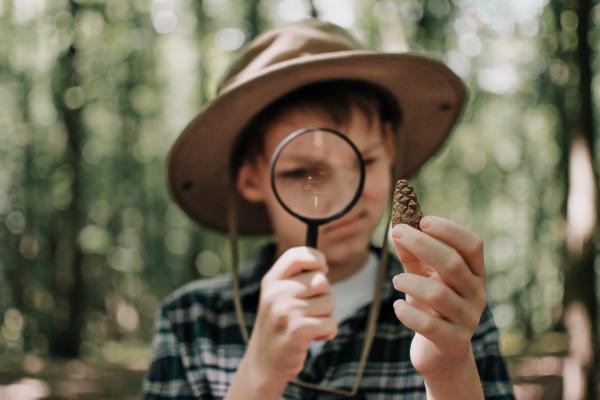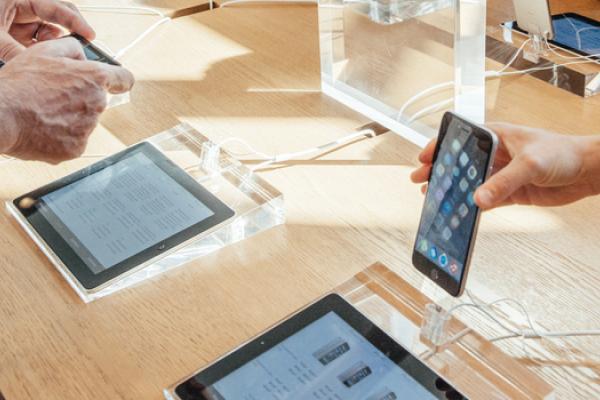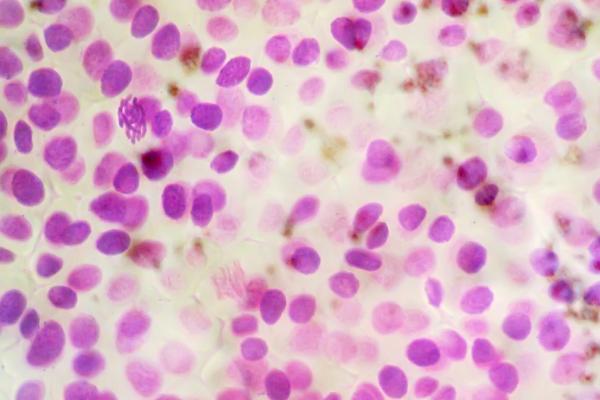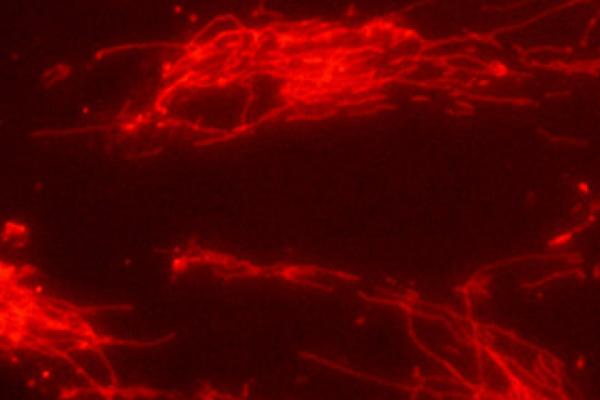Horizon takes you to the Expo Milano 2015 world fair in Italy, where researchers show how they will feed future generations nutritiously and sustainably.
Carlos Moedas, European Commissioner for Research, Science and Innovation, welcomed Ukraine as a full member of Horizon 2020 last month.
You may not have heard of scandium and yttrium, but rare earth elements like these are all around us – in our homes, at work and even in our pockets.
During February, Horizon looks at the vast digital libraries which are changing the world around us.
Horizon looks at the big implications of the science of the very small, from the promise of microscopic machines that kill damaged cells, to the search for ways to make sure that nanomaterials are…
Light pulses that last just a billionth of a billionth of a second are allowing scientists to view the movement of electrons in detail for the first time. In the darkest month of the year, Horizon…
Could machines, technologies and devices made with micro-organisms and bacterial cells soon be a part of our daily lives? Will modified cells be a part of the medical treatments we take, the food we…
What will be on our dinner plates in 50 years’ time? In October, Horizon examines how science is shaping the future of food.
Why is the modern world making us ill? In this issue, Horizon examines the emerging field of exposomics, which looks for answers in the hidden world around us.
Bats live for longer than their body size suggests, up to twenty times longer. In August, we hear how profiling their DNA is giving researchers clues about how to extend human life.














